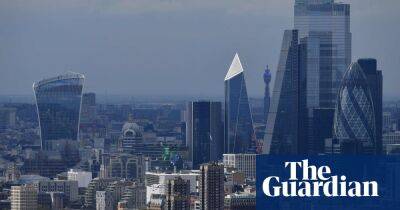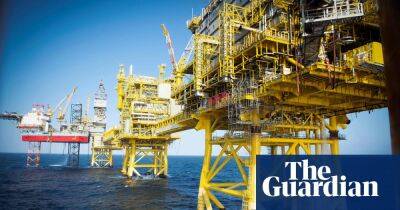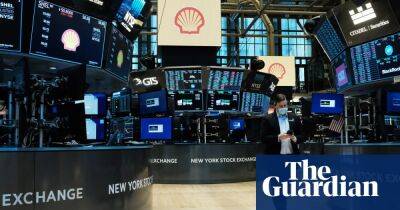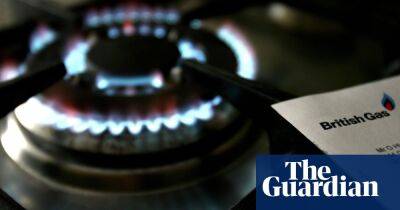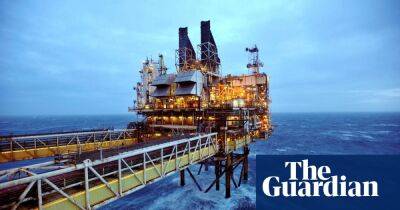A North Sea oil windfall tax won’t raise much but every little bit helps
Tesco chairman John Allan, aside from calling for a windfall tax on North Sea oil and producers, also said this on Tuesday: “I think they [the companies’ boards] are expecting it and I doubt they would actually be much fazed by it.”
Since Allan is a well-connected FTSE 100 boardroom heavyweight, it’s safe to assume he’s correct on the first point. And one strongly suspects he’s right on the second, too: most versions of a windfall tax do not involve sums that should scare directors or shareholders.
The Labour party’s formula imagines a temporary increase in the rate of tax on North Sea profits from 40% to 50% to capture the “windfall” element generated by the spike in wholesale gas and oil prices. As noted here last week, BP says it already anticipates paying up to £1bn in tax on its North Sea profits this year, so a windfall surcharge on top would only raise a further £250m in its case.
A sum that size – levied as a genuine one-off – would not cause a meltdown at a company with a stock market value of £79bn that expects to distribute £8bn to shareholders this year via dividends and share buy-backs. The BP chief executive, Bernard Looney, has already conceded that £18bn-worth of planned investment in the UK over the next decade would not be imperilled. Allan’s “not much fazed” conclusion sounds fair.
The flip-side of a modest revenue-raising proposal is, of course, the modesty of its impact in relieving the cost of energy for consumers, even if directed exclusively at low-income households. Labour mentioned as little as £1.2bn overall when pitching its windfall idea in January. The further surge in wholesale prices might inflate the figure to £3bn-ish under the same formula, but that has to be seen in the context of
Read more on theguardian.com




![Shiba Inu [SHIB] registers an uptick thanks to its ‘locking’ feature but will it sustain](https://finance-news.co/storage/thumbs_400/img/2022/6/7/28570_6fb.jpg)




